Research Workshop
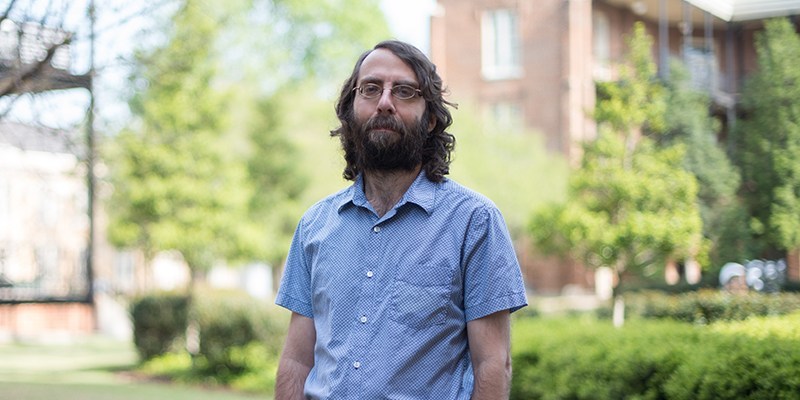
Steven Ramey
Dr. Ramey’s primary research focuses on the contests over identifications, particularly in contexts of migration and disagreements over contemporary practices related to subgroups within a larger community. He has conducted extensive research with people from the region of Sindh who assert a clear Hindu identification but whose practices, which incorporate Hindu deities and texts, the Guru Granth Sahib, and Sufi saints, lead others to question the Hindu identification of the Sindhis. He has also researched South Asian religions in the southeastern United States, especially focusing on Indo-Caribbean Hindus and Sindhi Hindus in this context. He uses the case of the Sindhi Hindus, Indo-Caribbean Hindus, and other subgroups to analyze the ways religious boundaries are constructed and contested in both academic studies and contemporary societies and the impact of those processes on minority groups. His book, Hindu Sufi or Sikh: Contested Practices and Identifications of Sindhi Hindus in India and Beyond, was published in 2008 with Palgrave Macmillan press. Most recently, he has applied the results of his previous research to analyze the construction of differences, both in relation to those who identify as not religious and to discourses surrounding Islam in the United States. His edited volume Fabricating Difference was published in summer of 2017.
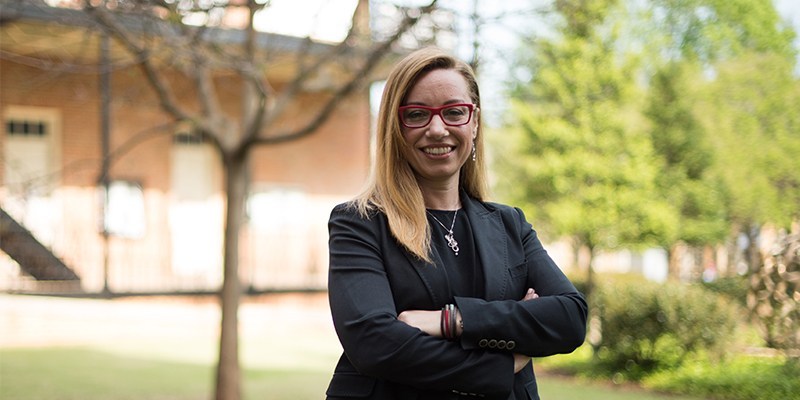
Vaia Touna
Dr. Touna’s scholarly interests in religion in society range widely, from looking at specific concepts from the Classical and Hellenistic eras to methodological issues concerning the study of religion in general. Her research focuses on the sociology of identity formation with examples drawn from the ancient Greco-Roman world and modern Greece. She is author of Fabrications of the Greek Past: Religion, Tradition, and the Making of Modern Identities (Brill, 2017). In that book, taking seriously critiques of historiography produced in recent decades, she advocates for an alternative approach to the way the past is studied. From Euripides’ tragedy Hippolytus, to the notion of voluntary associations in the Greco-Roman world, to the authenticity of traditional villages in Greece, Fabrications of the Greek Past argues that meanings (and thus identities) do not transcend time and space, and neither do they hide deep in the core of material artifacts, awaiting to be discovered by the careful interpreter. Instead, this book demonstrates that meanings are always relative to their present-day context; they are historical products created by social actors through their ever-contemporary acts of identification.
Public Humanities Workshop
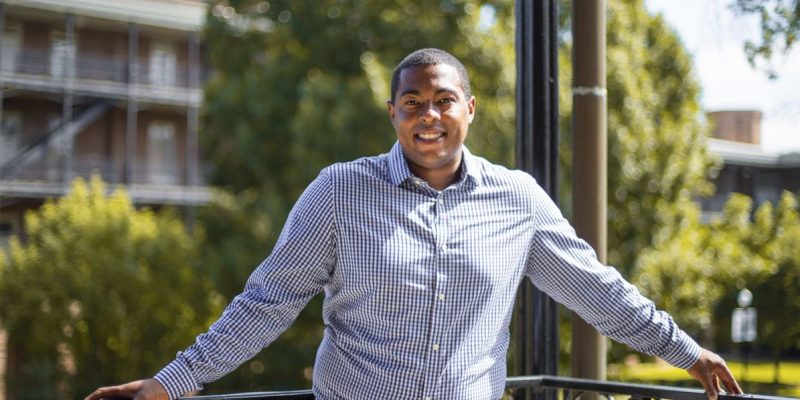
Richard Newton
Dr. Newton’s areas of interest include theory and method in the study of religion, African American history, the New Testament in Western imagination, American cultural politics, and pedagogy in religious studies. His research explores how people create “scriptures” and how those productions operate in the formation of identities and cultural boundaries. In addition to an array of book chapters and online essays, Dr. Newton has published in the Journal of Biblical Literature and Method & Theory in the Study of Religion. His current book project, Identifying Roots: Alex Haley and the Anthropology of Scriptures (under contract with Equinox), casts Alex Haley’s Roots as a case study in the dynamics of scriptures and identity politics with critical implication for the study of race, religion, and media. And you can learn more about his use of digital media and pedagogy at his site, Sowing the Seed: Fruitful Conversations in Religion, Culture, and Teaching.
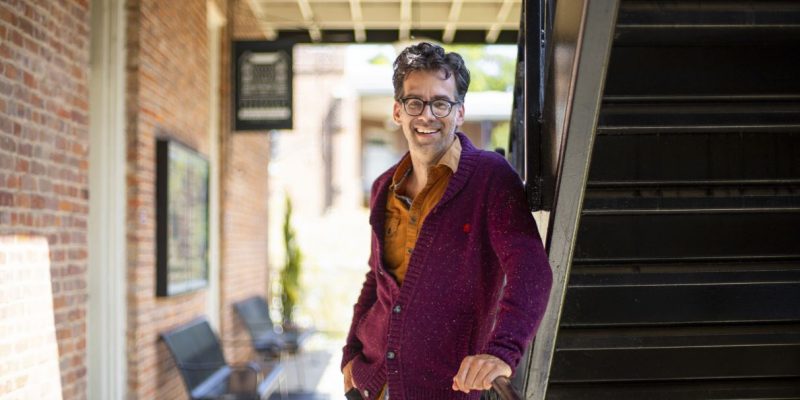
Nathan R. B. Loewen
Dr. Loewen has two primary areas of research and publication. One focuses on globalizing discourses within the philosophy of religion, and the other analyzes the emerging confluence between Religious Studies and Development Studies. A third area of interest for him is critical digital pedagogy–how today’s students might critically analyze the structure and function of digital platforms that are being used in higher education. His work in this area focuses on innovations that enable teachers and classes to reflect upon how they engage not only with each other but also with wider circles of scholars and various publics on both local and global contexts. It is this last research focus that has led to his role as Faculty Technology Liaison for the College of Arts and Sciences. He manages the College’s website for teaching and professional development, assists A&S faculty in the processes of revising or developing online courses, organizes events (such as OLIS) and participates in technology committees across campus. Dr. Loewen most recently published Beyond the Problem of Evil: Derrida and Anglophone Philosophy of Religion, where he considers how Derrida’s treatment of evil (le mal) might assist the work of historicizing the discourse on evil within the philosophy of religion.
Teaching Workshop
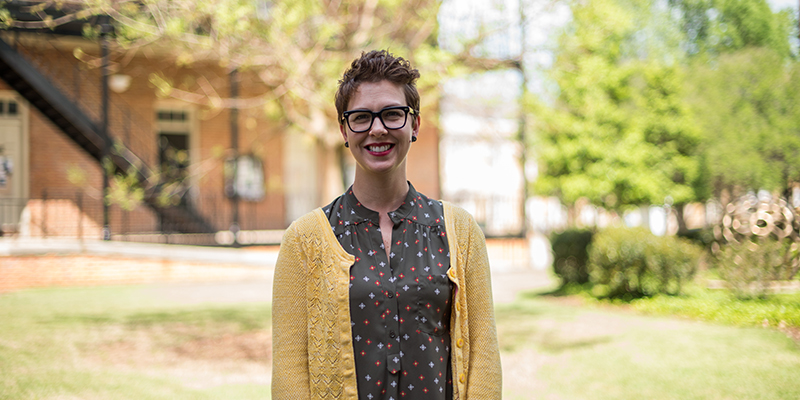
Merinda Simmons
Dr. Simmons' areas of interest include gender studies, southern studies, method and theory in the study of religion, postcolonial studies, Afro-Caribbean and African American literature and theory, migration and diaspora studies. Her current research examines “slave religion,” a category scholars popularized only as recently as the late 1960/early 70s and which many still use to describe antebellum myths and rituals prevalent in slave communities. Several key concepts upon which slave religion discourse relies—including “religion,” “the South,” “the Atlantic,” and “race”—are relatively recent rhetorical phenomena. Their uses prior to the 18th centuries are quite far removed from 20th and 21st-century deployments (scholarly or otherwise). When taken together, their discursive histories begin to tell an interesting story about Black Studies in 20th-century academia, while complicating quests for origins in circum-Atlantic contexts along the way. Grounded in archival and queer theories, as well as critical improvisation studies, her current project, Sourcing Slave Religion, is an intervention in the contemporary scholarship on race and religion by way of “discourse diaspora,” a methodological approach that rejects recuperation as a scholarly aim and instead argues for finding theoretical possibility in the unsalvageable and the irretrievable. She is the author of Changing the Subject: Writing Women across the African Diaspora, and the co-author of Race and New Modernisms.